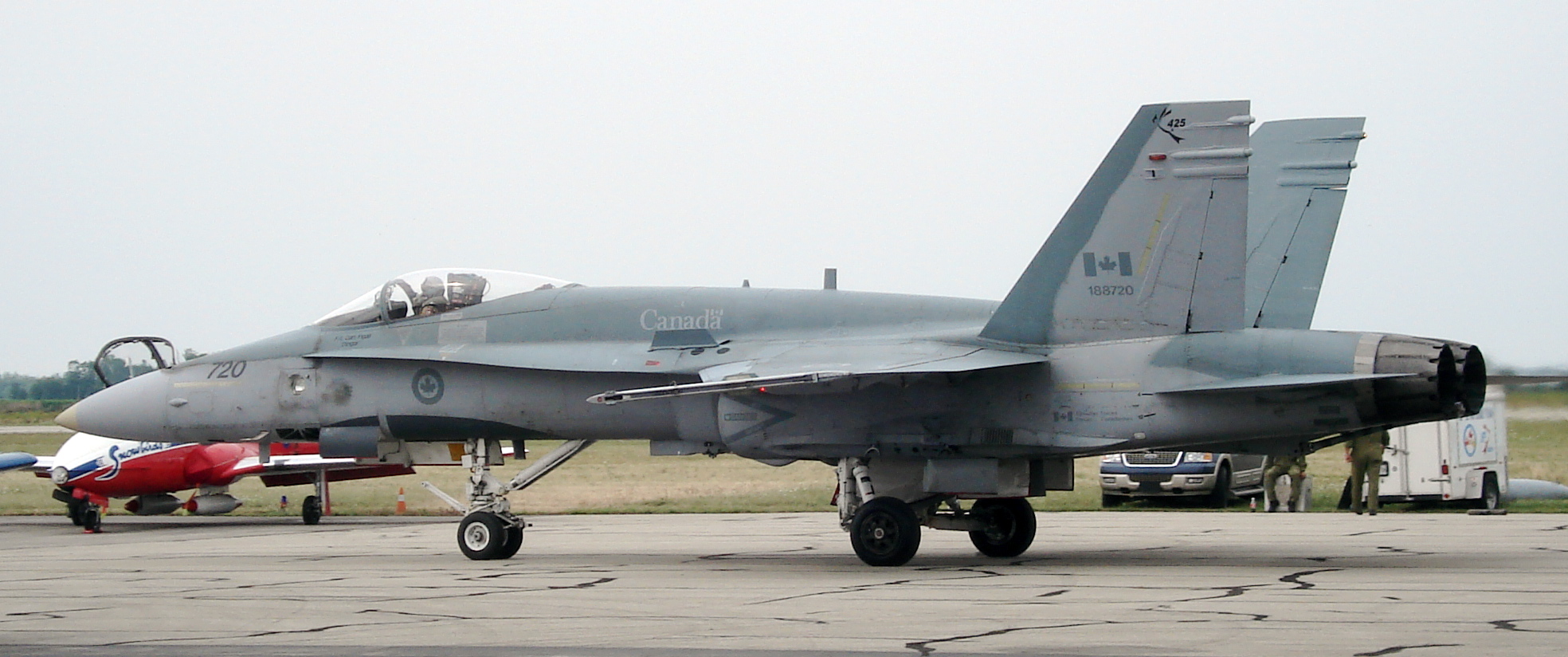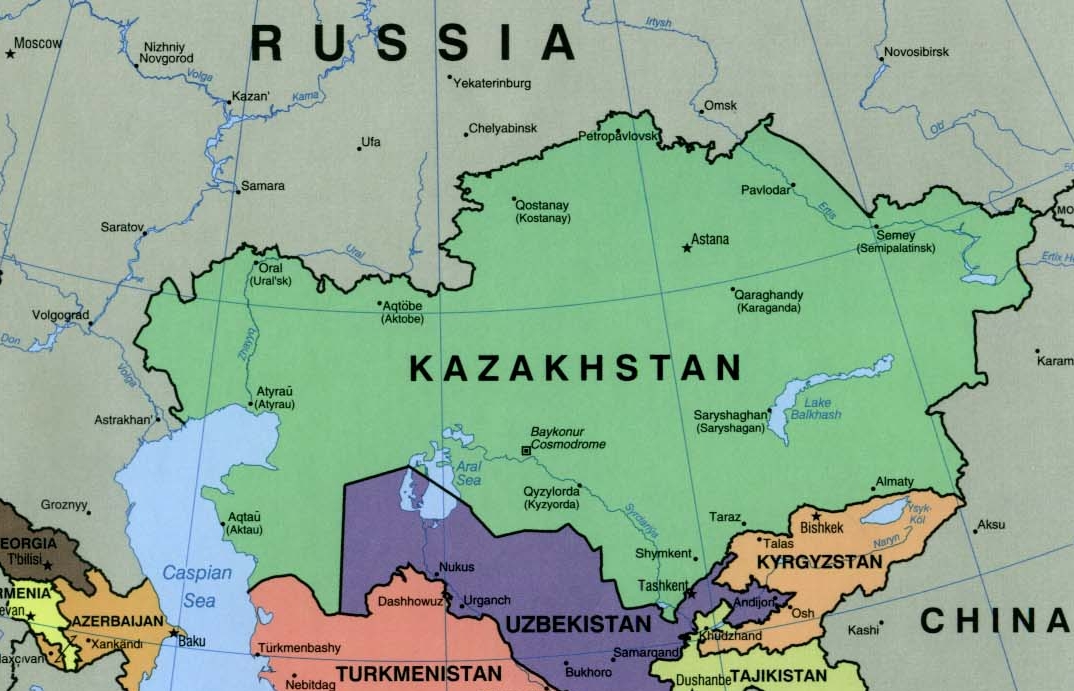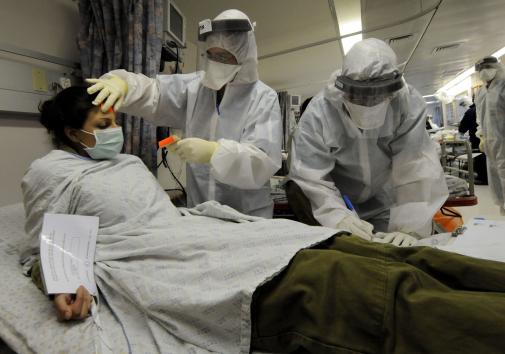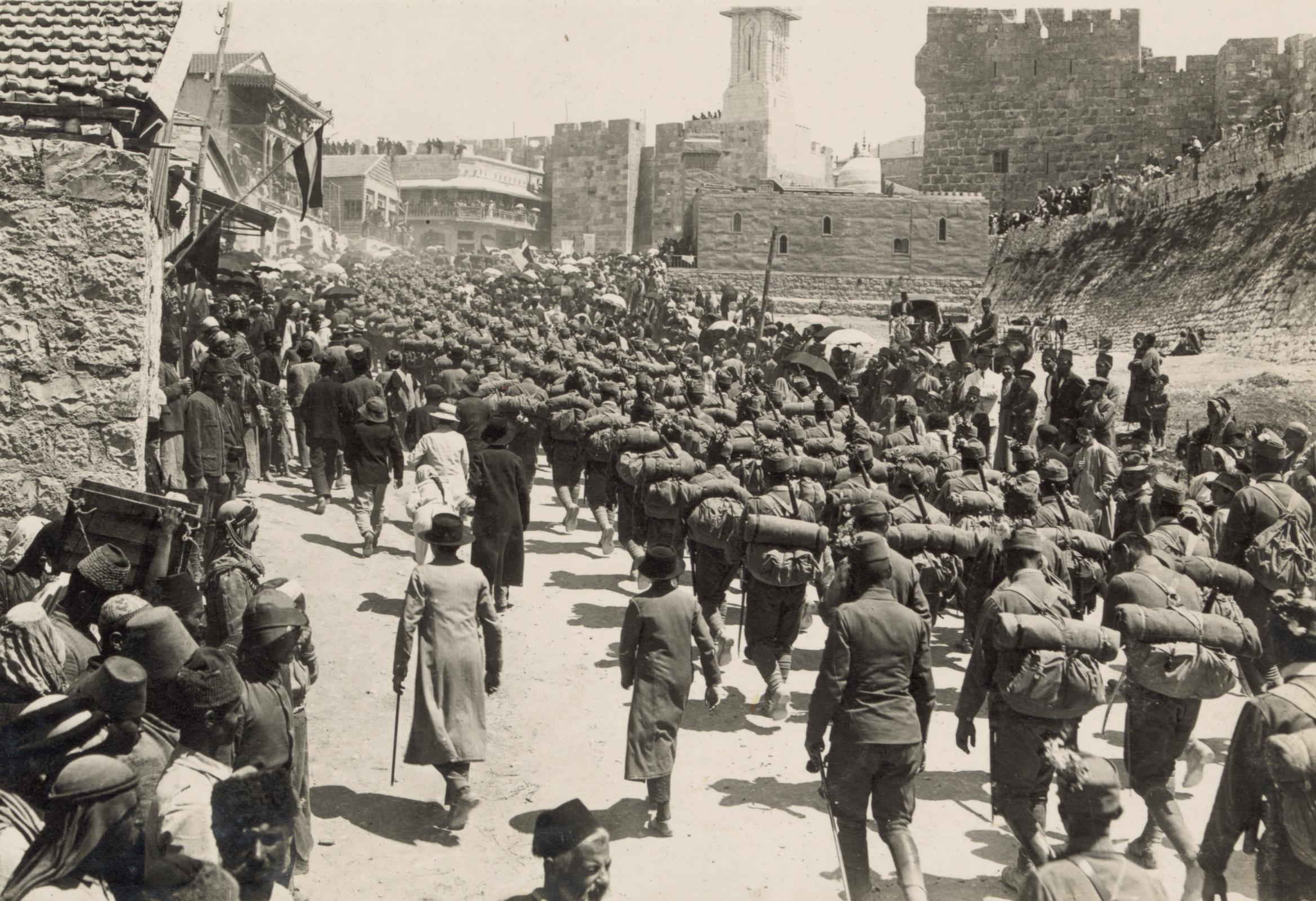Prime Minister Justin Trudeau’s first act, after his October 19 election victory, was to inform President Obama that Canada will be taking a less active role in Operation Impact. Canada will no longer be participating in the airstrikes in Iraq or Syria. In the same press conference Trudeau said “many of you have worried that Canada has lost its compassion and constructive voice in the world over the last 10 years…on behalf of 35 million Canadians, we’re back.” The Liberal leader is determined to change Canada’s perceived imagine abroad to a softer one. There are both pros and cons associated with Canada’s withdrawal from Operation Impact. The issue is whether the pros actually outweigh the cons and whether Canada’s new foreign policy approach will be effective against an enemy such as the Islamic State (IS).
Canada’s been an active member of Operation Impact, a US-led multinational military coalition, since November 2, 2014. The Canadian military has been involved in various airstrikes in the region. Between November 2, 2014 and May 13, 2015 the Canadian Armed Forces have struck 80 ISIS fighting positions, 19 ISIS equipment and vehicles, 10 ISIS improvised explosive device factories and storage facilities. Despite these victories the war against ISIS has reached an impasse. Martin Dempsey, the chairman of the US Joint Chiefs of Staff, said that the fight against ISIS is “tactically stalemated” with no “dramatic gains on either side.”
Tactically speaking, ISIS has shifted its forces to areas it can easily control. ISIS has been able to thrive in areas with a majority Arab Sunni population, but has failed to take hold in areas where Sunni Arabs are the minority. The strategic withdraw of ISIS main fighting forces to Syria reflects this reality.
One of the most prominent reasons given for the military mission against ISIS is the fact it is a global terrorist organization. Former Prime Minister Stephen Harper argued that “ISIS is a terrorist organization that regularly threatens to attack Westerners, including Canada and Canadians.” Supporters of this position would argue that the best way to prevent terrorism at home is to fight it abroad.
Another argument in favour of military action is that ISIS is determined to build a medieval caliphate. ISIS has taken up what Islamic law refers as offensive jihad, which involves the forcible expansion into countries that are ruled by non-Muslims. This would be a direct threat to our allies, such as Turkey and Israel, not to mention our allies in North Africa or Central Asia. Military action is viewed as the main option for halting the expansion of this medieval caliphate.
The cons of military involvement in Syria and Iraq are just as numerous. One of the central arguments against Operation Impact is the potential for this war to involve into a series of endless wars. In conjunction with the potential for mission creep, a narrowly defined operation ballooning out of control, there is also the issue of who Canada is actually fighting for. In Syria in particular, Canada has no significant ally on the ground. ISIS’s main adversary, the government of President Bashar al-Assad, is also our adversary. The military theatre in Iraq and Syria is extremely opaque.
The Canadian public also has to consider the costs of maintaining such a military mission. The cost of the mission to date is estimated around 3.5 billion. This is around 7.1 million per week. It is a fair criticism that Canada may not be able to afford a sustained military campaign against ISIS. However, this is not the Prime Minister’s main argument against the mission. It is more centered on improving Canada’s image abroad.
There are other aspects to the military mission that Canadians and our politicians should consider. We have to consider what effect withdrawing from Operation Impact will have on our allies in the region. In response to Trudeau’s decision, Jabar Yawar, chief of staff for the Kurdish Regional Government’s Peshmerga Ministry, said “it is a bad news for us…Canada was a major partner in the coalition and it was a great help to Kurdistan.” The Kurdish forces are the most effective force fighting ISIS in both Iraq and Syria, and rely heavily on allied airstrikes. Canada’s decision to eventually withdraw from the combat mission will negatively affect our image amongst our allies in the region.
Canada does have a history of limited military action in highly fluid and changing conflict zones. The war in the Balkans is one of the most recent examples. The international mission did begin as a peacekeeping operation under the UN, but in December of 1996 NATO deployed a stabilization force (SFOR) to secure the environment for local authorities. Canada would contribute, at its peak, 1,200 Canadian Forces members. Bombing by NATO in 1995 helped bring the Bosnian war to a close and all the parties to a peace agreement. There could potentially be a role for the UN to play in the Syrian conflict, just as in the Balkans War, but this is heavily dependent on a Security Council agreement. Until the 15 member council provides a viable solution Canada should consider remaining an active military partner in Operation Impact, just as it has in past military operations.




